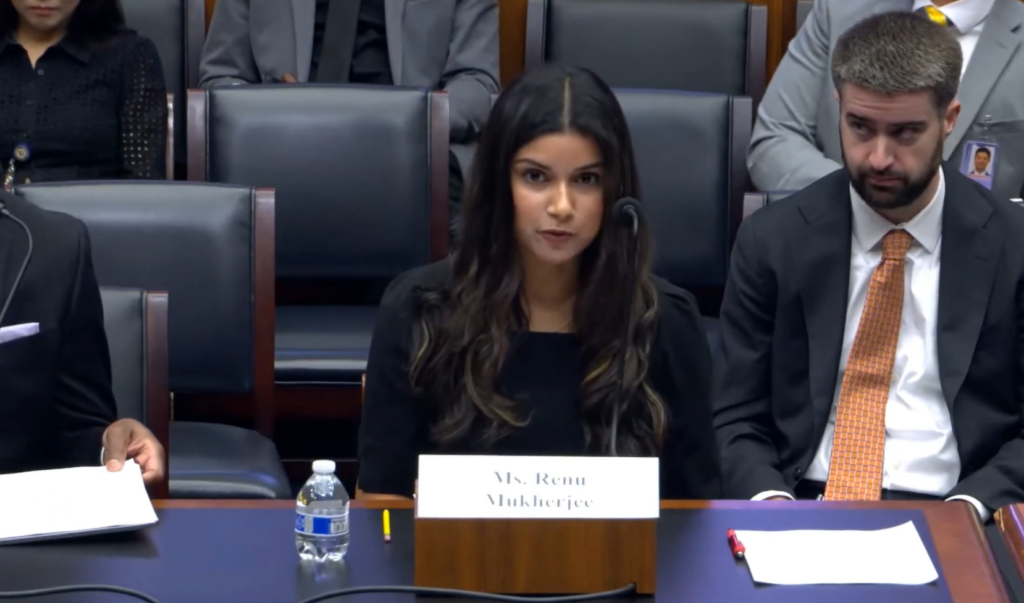
Renu Mukherjee testified in a hearing titled Restoring Excellence: The Case Against DEI.
Watch the full testimony here.
Diversity, Equity, and Inclusion (DEI) programs have had a profoundly negative impact in higher education. Research shows that these programs are just as harmful to their intended beneficiaries, so-called “underrepresented minorities,” as they are to whites, Asian Americans, Jews, and any other group deemed “privileged” in American society. To fully understand the harms that DEI has inflicted on college students of all racial and ethnic backgrounds, it is important to first consider the policy from which DEI originated: racial preferences in university admissions. Accordingly, this testimony begins with a brief legal history of race-conscious admissions, followed by a discussion of the adverse effects of racial preferences and DEI in higher education. The testimony concludes by describing the state of play of these policies in America’s universities and the need to return to a culture of merit.
While the use of racial preferences in university admissions dates back the 1960s, the Supreme Court did not seriously take up the issue until 1978, in Regents of the University of California v. Bakke. The respondent in that case was a 32 year-old white male named Allan Bakke, who had applied for admission to the University of California at Davis Medical School.
At the time, the medical school operated two admissions programs for its entering class of 100 students—the regular admissions program and the special admissions program. Under the regular program, about one in six applicants were offered an interview. Those who completed an interview were then rated on a scale of one to 100 by the admissions committee, based on the quality of the interview, undergraduate grades, score on the Medical College Admissions Test (MCAT), letters of recommendation, and extracurricular activities. Applicants whose undergraduate grade point averages (GPA) fell below 2.5 on a 4.0 scale were summarily rejected.
Click here to read the full testimony.
______________________
Renu Mukherjee is a fellow at the Manhattan Institute.
Are you interested in supporting the Manhattan Institute’s public-interest research and journalism? As a 501(c)(3) nonprofit, donations in support of MI and its scholars’ work are fully tax-deductible as provided by law (EIN #13-2912529).

















